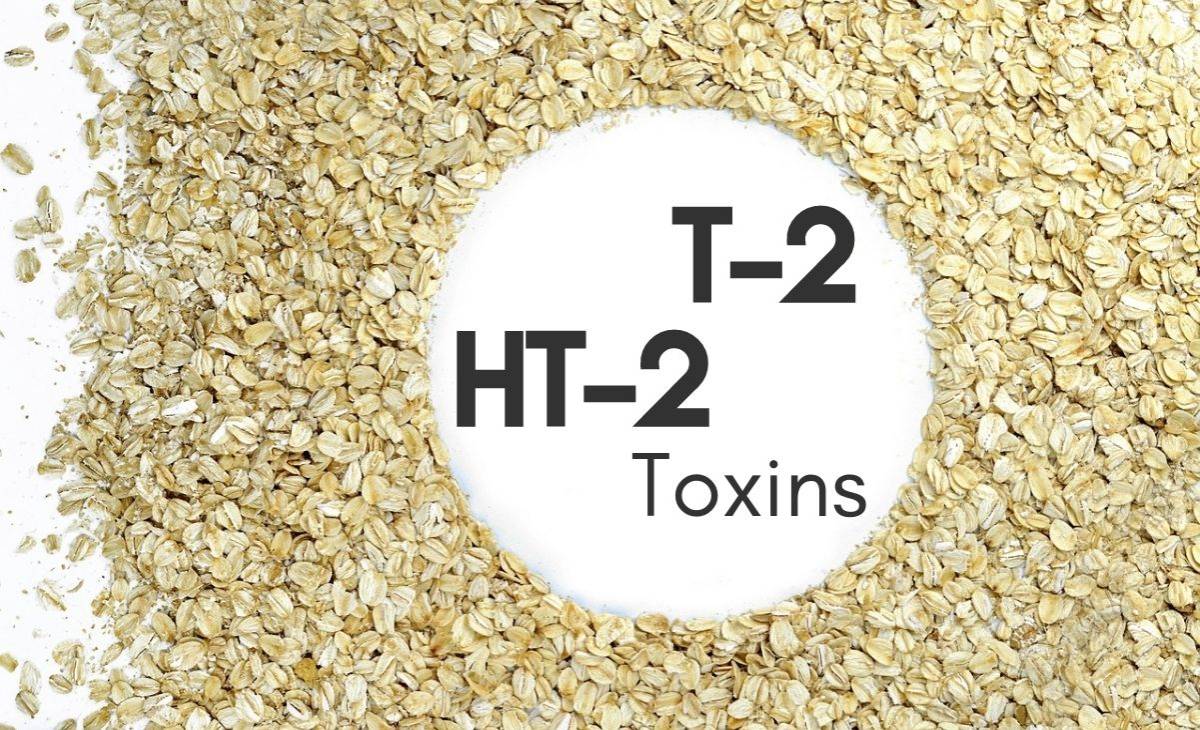UK food regulators launch nationwide data collection on mycotoxins in food
In a bid to protect public health, the UK Food Standards Agency (FSA) and Food Standards Scotland (FSS) have initiated a nationwide data collection scheme to examine the levels of T-2 and HT-2 toxins in foodstuff. These mycotoxins, by-products of certain fungi, can pose significant health hazards to humans and are increasingly found in cereal crops such as oats, wheat, and barley.
The FSA and FSS are urging all participants in the cereal supply chain to provide critical data on these toxins by the deadline of 31 October 2023.
T-2 and HT-2 levels can fluctuate substantially from one year to the next, mainly due to weather conditions. Current strategies to curb their production through good agricultural practices are inadequate due to their reliance on climatic factors.
The goal of this data collection project is to perform an exhaustive risk assessment and probe the extent of consumer exposure to T-2 and HT-2 toxins through risk analysis. By collecting data on toxin levels at different stages in the supply chain – from farm to retail – the FSA and FSS aim to pinpoint potential risk factors and inform future risk management strategies.
The regulators are particularly keen on data concerning unprocessed grain from farms, mill intake after cleaning, post-dehulling, post-processing (including kilning, steel cutting, steaming, flaking, etc.), finished products, and even imported goods. They also urge the submission of multi-year data to account for annual variations in toxin levels.
For a thorough data collection, information about the sampling location in the supply chain (processed or unprocessed) and the geographical region of sampling is also sought.
The agencies assure that all collected data will be aggregated and published anonymously, protecting the identities of individuals, businesses, trade bodies, and organizations involved. This method aims to promote transparency and encourage frank contributions.
This data call is expected to not only enrich understanding of T-2 and HT-2 toxins in food but also offer valuable insights into potential risk management strategies.
By enlisting the support of stakeholders across the cereal supply chain, the agencies aim to bolster their risk assessment process and enable swift and effective responses to potential threats.
Source:






















